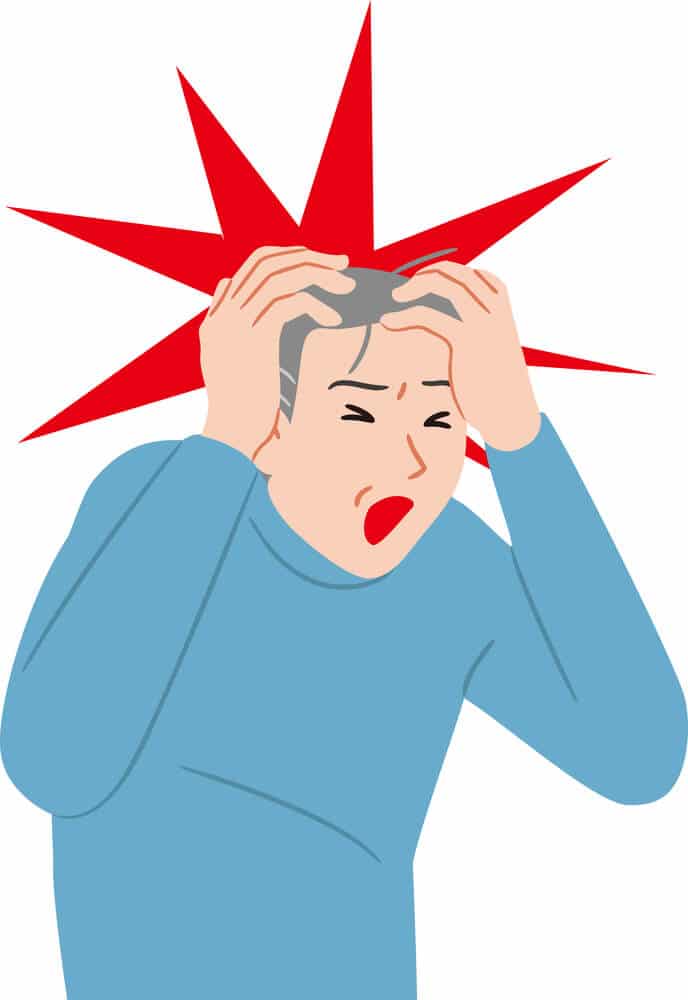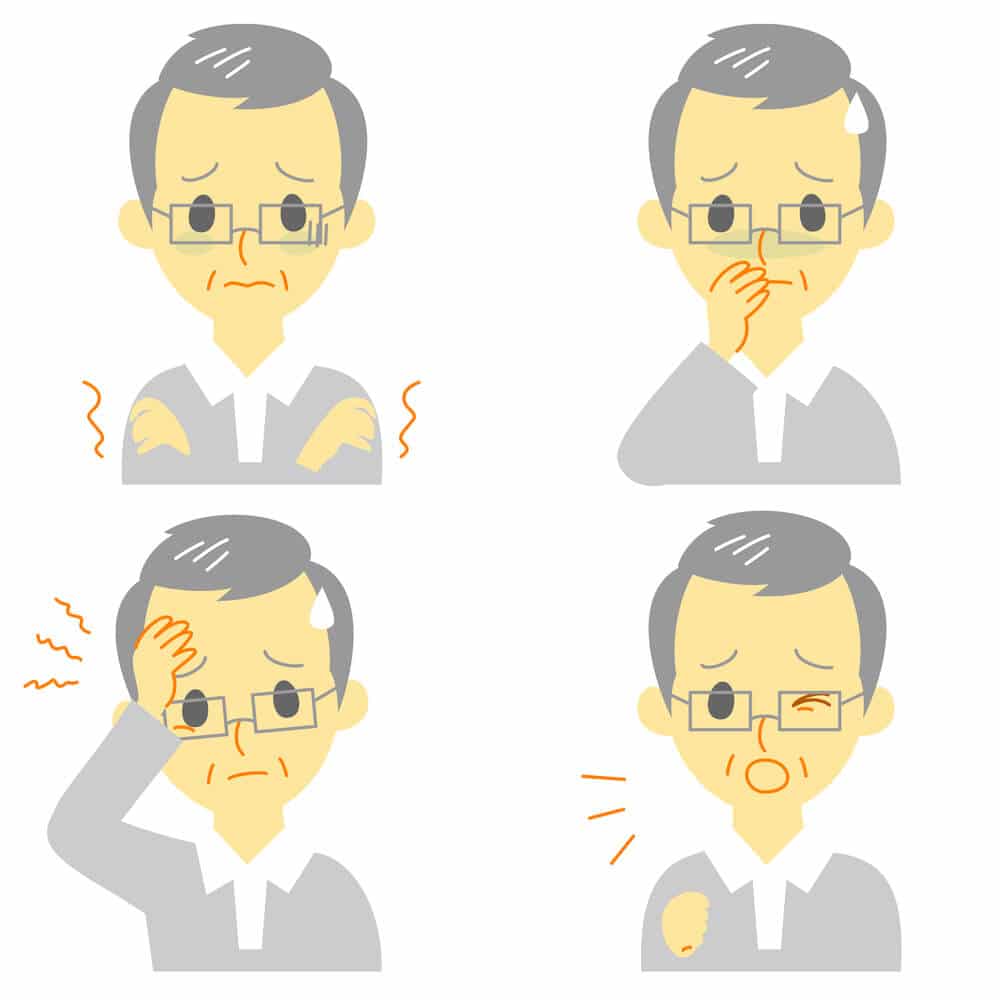Yes. And TeleLeaf RX in PA can help you apply for an MMJ card.
Huntington’s Disease tends to run among people of European descent. It is a rare disease affecting 30,000 Americans. It is estimated that the prevalence of HD in the United States ranges from 4.1 – 8.4 per 100,000 people.
Experts estimate that one in every 10,000 people in the country has Huntington’s disease. Juvenile Huntington’s occurs in approximately 16% of all cases.
Anecdotal evidence supports that medical marijuana is effective in managing some of the symptoms it presents. Medical marijuana has been shown to reduce inflammation throughout the body and reduce pain and cramping.
It’s also known to improve a person’s mood and can treat the depression, fear, and anxiety associated with Huntington’s chorea.
If you want to resort to medical marijuana to help manage your condition, you can start applying through our sign-up page.
The National Institute of Neurological Disorders and Stroke reported that approximately 0.009% of the population in America has symptomatic Huntington’s disease. That percentage equals approximately 41,000 symptomatic Americans.
It is also estimated that more than 200,000 or so Americans are at risk for the disease. This means that they may have the gene that causes Huntington’s disease but does not exhibit any symptoms.
Huntington’s is a brain disease that is passed down in families from generation to generation. It is caused by a mistake in the DNA instructions that build our bodies and keep them running.
People are born with HD, but symptoms usually don’t appear until middle age
This is the most common form of HD. People with adult-onset HD usually develop symptoms in their mid-40s and 50s.
Children and teenagers have this form of HD, which is very uncommon. The symptoms are usually similar to those of Parkinson’s disease.
Genetics: When an HD mutation happens on the gene, those that inherit it will develop HD and risk passing the mutated gene to their children.
When the symptoms of HD are not yet severe, people diagnosed with it can manage their daily activities. However, as the disease progresses, they can lose the ability to independently manage their affairs.
Most patients suffering from severe symptoms of HD will need assistance eating, dressing, bathing, managing their money, and doing their household chores.
People at the end stages of HD can be completely bedridden and dependent on others.

There is no cure for Huntington’s disease because it is impossible to repair the mutation.
However, doctors recommend the following:
While antidepressants, anti-anxiety, and anti-seizure drugs are often prescribed for Huntington’s disease patients, these drugs come with possible negative side effects. They can also carry a high risk of dependency and addiction as well.
Medical marijuana, on the other hand, does not carry with it many of these negative side effects, yet it may help to reduce tension and anxiety.
It can also help reduce nausea, restlessness, or insomnia. Researchers believe Huntington’s disease may be strongly connected to the body’s endocannabinoid system, which responds to the cannabinoids in marijuana.
Patients with Huntington’s disease can qualify for medical marijuana. You can get a medical marijuana card and a recommendation from a licensed mmj doctor.
Visit our Pennsylvania page to start your application today!
